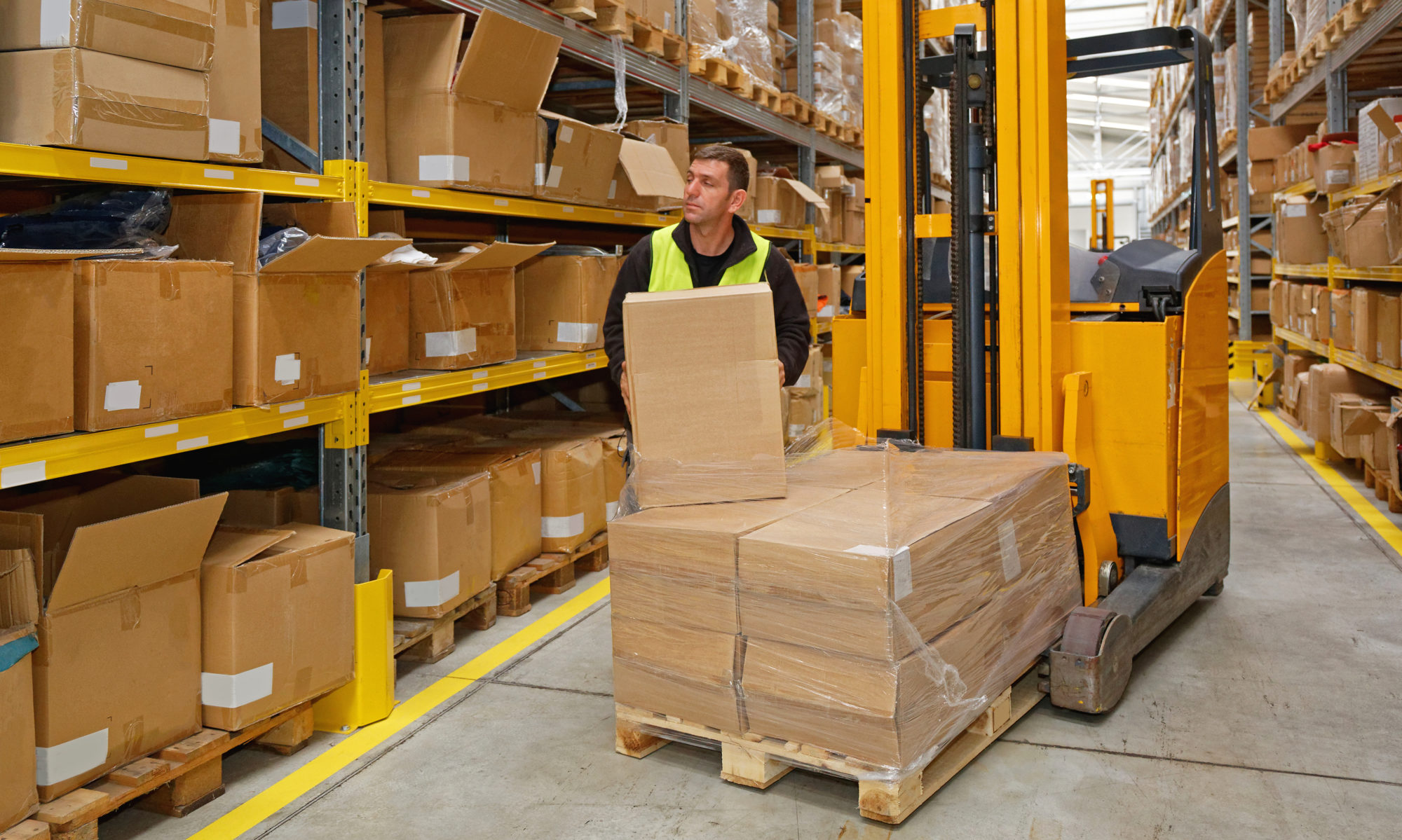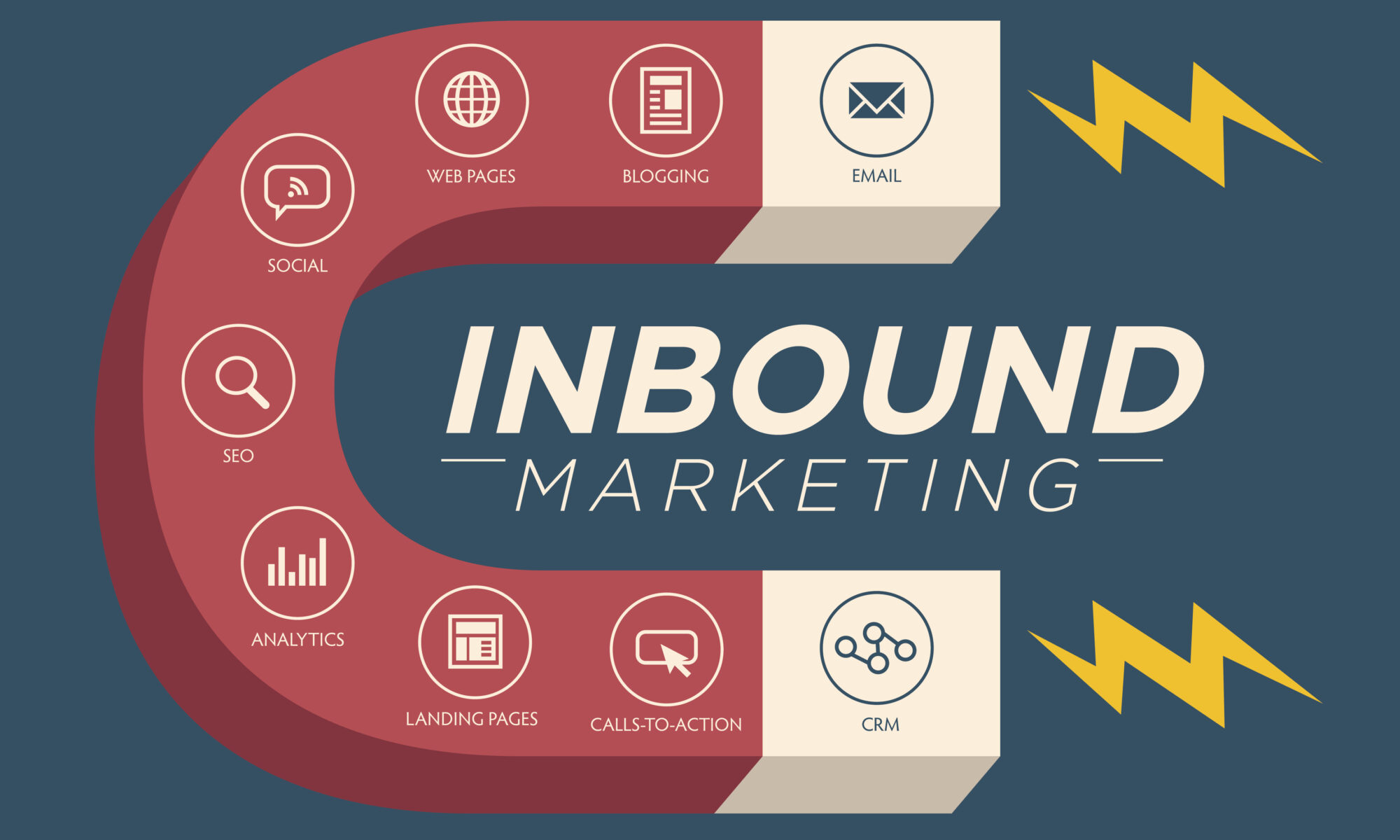Owning a small business is thrilling, but it also comes with its fair share of challenges, especially when it comes to handling logistics and order fulfillment. That’s where our fulfillment services shine, offering a seamless solution to your fulfillment needs. Let’s dive into what makes our program a game-changer for startups, especially for those looking to make a mark in the bustling L.A. fulfillment scene.
Ease of Budgeting and Cost Management
One of the standout benefits of our fulfillment program is its straightforward fee structure. Here’s what you get:
Comprehensive Service Package: From account setup, order processing, and credit card processing to customer service, shipping, warehousing, and handling returns, we’ve got you covered—all from choices you make with us at set up.
Flexibility and Scalability
As your business grows, your needs change. Our program is designed to accommodate that growth:
Two Warehouses: Choose between product storage and shipping from our East Coast warehouse or our West Coast warehouse or both.
Tailored for L.A. Fulfillment Needs: Whether you’re launching a new product line selling products on Etsy or eBay, our services are designed to meet the unique demands of the L.A. market.
Full-Service Fulfillment Program at a Fraction of the Cost
The comprehensive nature of our programs means you get access to a suite of services that would typically cost much more if sourced individually:
- Complete Order Processing: From the moment an order is placed to the time it’s delivered, we handle every step.
- Dedicated Customer Service: Our team becomes an extension of yours, providing top-notch customer service to your clients.
- Streamlined Returns Management: Returns are an inevitable part of e-commerce, but we make the process as painless as possible for both you and your customers.
Your Partner in Growth
Choosing our Fulfillment Program not only helps you manage costs and scale efficiently but also allows you to focus on what you do best: growing your business. With our expertise, especially in the competitive L.A. fulfillment landscape, you’re well-equipped to meet your logistics and customer service needs without the usual headaches.
Ready to Take the Next Step?
Our program is designed with your success in mind. From cost-effective pricing to comprehensive service coverage, we provide the support you need to thrive in today’s market. If you’re looking to simplify your fulfillment process and scale your business with confidence, we’re here to help.
Contact Us for a free consultation and learn more about how our Fulfillment Program can support your business’s growth and success.





